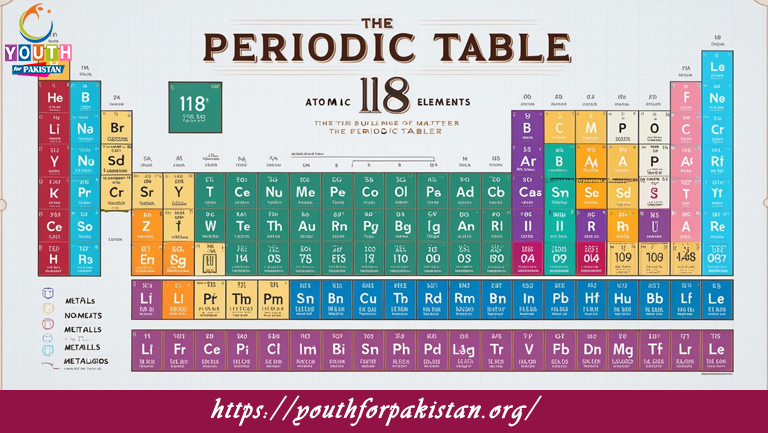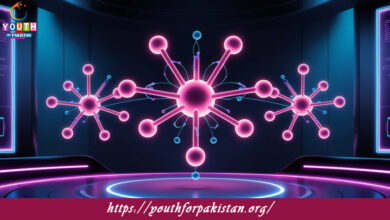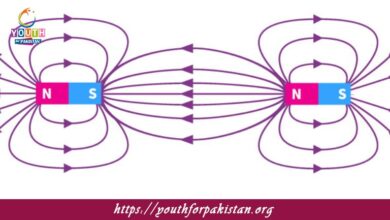Group2 Elements (Alkaline Earth Metals) MDCAT MCQs

Welcome to the Group2 Elements (Alkaline Earth Metals MDCAT MCQs with Answers. In this post, we have shared Group2 Elements (Alkaline Earth Metals Multiple Choice Questions and Answers for PMC MDCAT 2024. Each question in MDCAT Chemistry offers a chance to enhance your knowledge regarding Group2 Elements (Alkaline Earth Metals MCQs in this MDCAT Online Test.
The Group 2 elements are commonly known as:
a) Alkali metals
b) Transition metals
c) Noble gases
d) Alkaline earth metals
Which element is not a Group 2 metal?
a) Beryllium
b) Magnesium
c) Sodium
d) Calcium
The general electronic configuration of Group 2 elements is:
a) ns²
b) ns²np⁶
c) ns²np⁵
d) ns²np²
The Group 2 element that forms a basic oxide in water is:
a) Beryllium
b) Magnesium
c) Calcium
d) Argon
The Group 2 metal that reacts with water to produce hydrogen gas is:
a) Beryllium
b) Magnesium
c) Calcium
d) Helium
The element with the highest atomic radius in Group 2 is:
a) Beryllium
b) Magnesium
c) Calcium
d) Strontium
Which Group 2 element is used in fireworks to produce a red flame?
a) Beryllium
b) Calcium
c) Magnesium
d) Strontium
The solubility of Group 2 hydroxides in water:
a) Decreases down the group
b) Increases down the group
c) Remains constant
d) First increases, then decreases
Which of the following is the most reactive Group 2 metal with water?
a) Magnesium
b) Calcium
c) Barium
d) Strontium
The element that forms a nitride by reacting with nitrogen is:
a) Beryllium
b) Magnesium
c) Calcium
d) Barium
Which Group 2 metal is used in making alloys with aluminum?
a) Beryllium
b) Calcium
c) Magnesium
d) Strontium
The Group 2 element that does not react with water at room temperature is:
a) Beryllium
b) Magnesium
c) Calcium
d) Barium
The solubility of Group 2 sulfates in water:
a) Increases down the group
b) Decreases down the group
c) Remains constant
d) First increases, then decreases
The correct order of increasing reactivity with water for Group 2 metals is:
a) Be < Mg < Ca < Sr < Ba
b) Be < Mg < Ca < Ba < Sr
c) Mg < Be < Ca < Sr < Ba
d) Be < Mg < Sr < Ca < Ba
Which Group 2 element forms an insoluble sulfate?
a) Magnesium
b) Calcium
c) Strontium
d) Barium
The ionization energy of Group 2 metals:
a) Increases down the group
b) Decreases down the group
c) Remains constant
d) First increases, then decreases
The most soluble Group 2 metal hydroxide in water is:
a) Magnesium hydroxide
b) Calcium hydroxide
c) Strontium hydroxide
d) Barium hydroxide
Which Group 2 element reacts with sulfur dioxide to form a sulfite?
a) Magnesium
b) Calcium
c) Strontium
d) Barium
Which Group 2 metal is used to treat indigestion as an antacid?
a) Beryllium
b) Magnesium
c) Calcium
d) Strontium
The Group 2 metal that has the smallest atomic radius is:
a) Beryllium
b) Magnesium
c) Calcium
d) Barium
The common oxidation state of Group 2 elements is:
a) +1
b) +2
c) -1
d) -2
The trend of atomic size in Group 2 elements:
a) Increases down the group
b) Decreases down the group
c) Remains constant
d) First increases, then decreases
Which Group 2 metal forms a compound with chlorine having the formula MCl₂?
a) Calcium
b) Barium
c) Magnesium
d) Strontium
The Group 2 element that forms a soluble sulfate is:
a) Beryllium
b) Calcium
c) Magnesium
d) Strontium
The most common use of calcium in the industrial sector is:
a) In the production of cement
b) In the production of steel
c) In making glass
d) As a catalyst in organic reactions
The Group 2 metal that reacts most vigorously with oxygen is:
a) Beryllium
b) Magnesium
c) Calcium
d) Barium
The solubility of Group 2 nitrates in water generally:
a) Increases down the group
b) Decreases down the group
c) Remains constant
d) Fluctuates
Which Group 2 metal reacts with acids to form salts and hydrogen gas?
a) Beryllium
b) Calcium
c) Magnesium
d) Strontium
The color of Group 2 metal compounds in flame tests can be used to identify:
a) The metal cation
b) The metal anion
c) The metal oxide
d) The metal hydroxide
The reaction of Group 2 metals with sulfuric acid:
a) Produces metal sulfate and hydrogen gas
b) Produces metal chloride and water
c) Produces metal carbonate and carbon dioxide
d) Produces metal oxide and water
The metal that forms a colored solution when dissolved in water is:
a) Magnesium
b) Calcium
c) Strontium
d) Barium
The Group 2 metal most commonly used in the construction of aircraft frames is:
a) Magnesium
b) Calcium
c) Barium
d) Strontium
The reaction of which Group 2 metal with air forms a white powder?
a) Calcium
b) Magnesium
c) Barium
d) Strontium
The Group 2 metal that forms a compound with a formula MBr₂ is:
a) Beryllium
b) Calcium
c) Magnesium
d) Strontium
The trend of Group 2 metal reactivity with halogens:
a) Increases down the group
b) Decreases down the group
c) Remains constant
d) Fluctuates
The Group 2 metal with the highest density is:
a) Beryllium
b) Magnesium
c) Calcium
d) Strontium
The reaction of Group 2 metals with hydrochloric acid generally produces:
a) Metal hydroxide and hydrogen gas
b) Metal chloride and water
c) Metal sulfate and hydrogen gas
d) Metal carbonate and carbon dioxide
The element used to make fireworks that produce a bright green flame is:
a) Magnesium
b) Calcium
c) Barium
d) Strontium
The metal that is most resistant to corrosion in air is:
a) Beryllium
b) Magnesium
c) Calcium
d) Barium
The Group 2 metal that reacts with oxygen to form an amphoteric oxide is:
a) Beryllium
b) Magnesium
c) Calcium
d) Barium
If you are interested to enhance your knowledge regarding Physics, Chemistry, Computer, and Biology please click on the link of each category, you will be redirected to dedicated website for each category.




